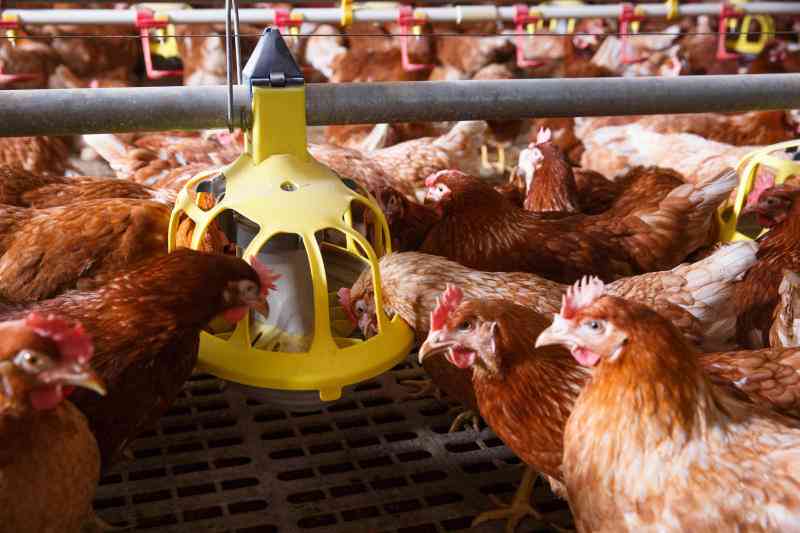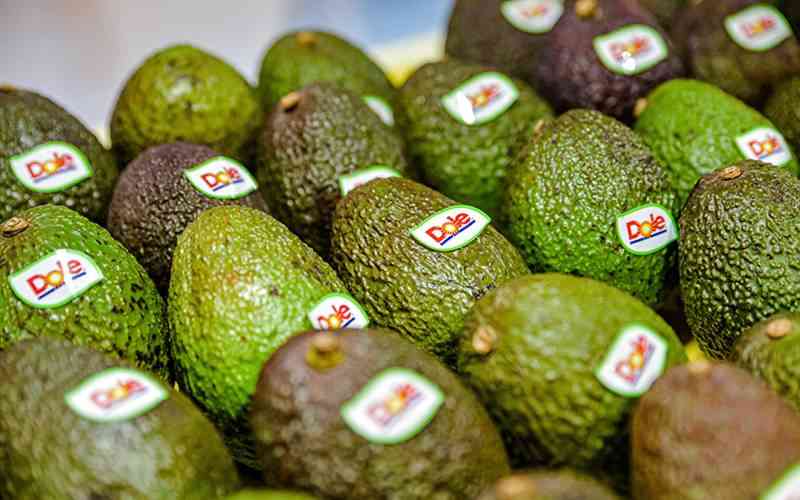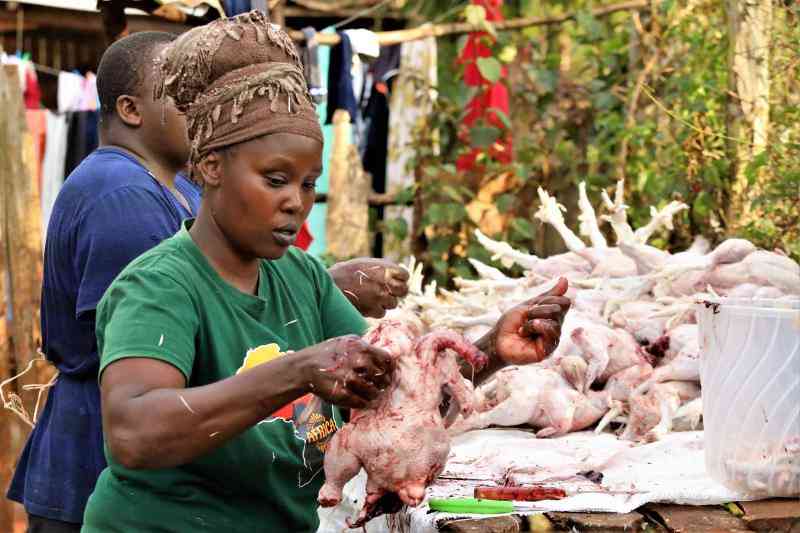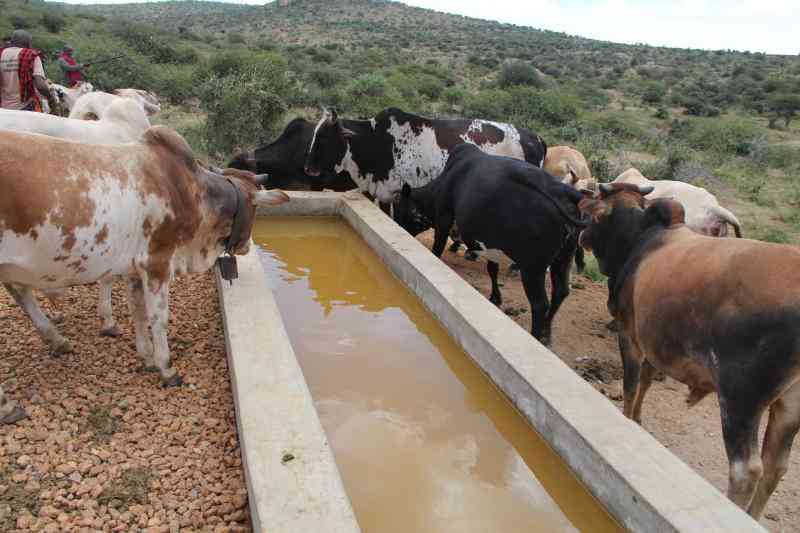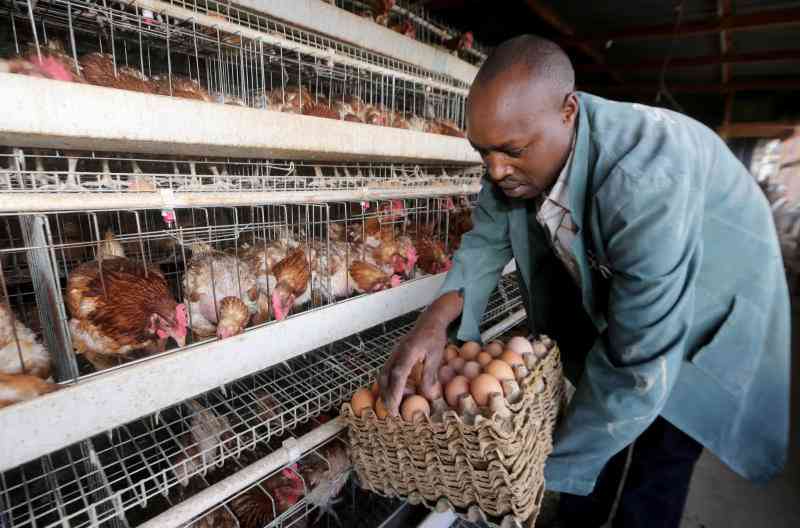
For the first time, KCC will be venturing into goat and milk production on a large scale.
Seeing as few farmers venture into rearing dairy goats, a litre of goat milk retails at an average of Sh150.
Following the demand for goat and camel milk, the plan is set to start at the Nanyuki processing plant.
This plan comes as a response to calls from Ndaragwa MP Jeremiah Kioni to set up such a facility.
He said farmers in Nyandarua are looking to invest in dairy goat farming and urged the new KCC to consider buying the milk.
Kioni spoke when he presented pedigree goats to members of a farmers’ association group in the county.
Goat milk and camel milk are suitable for human consumption and have a number of nutritional benefits.
Goat milk
Goat milk is easy to digest since its fat globules are smaller.
It is rich in calcium, iron, magnesium and phosphorous.
The milk boosts healing properties similar to olive oil thus recommended for anaemia, magnesium deficiency, eczema and acne.
It boosts haemoglobin regeneration and high levels of zinc and selenium that prevent neurodegenerative ailments.
It is high in medium-chain fatty acids that are linked to heart disease prevention.
Goat milk possesses moisturising qualities that keep skin soft. It is also rich in Vitamin A, which improves skin health and fights acne. It is rich in lactic acid that helps get rid of dead skin cells and brightens the complexion.
Camel milk
Camel milk is rich in potassium and phosphorus thus helping your body maintain a healthy blood pressure level.
It has a low sodium diet that may reduce the risk of stroke. It is a natural probiotic to assist healthy bacteria growth hence help in improving gastrointestinal health and systemic immunity.
It is rich in Vitamin B1 that aids in the maintenance of mental function and regulates metabolism.
Cancer development depends on many factors and a diet low in total fat may reduce the risk of some cancers.
Camel milk has 50 per cent less fat and 50 per cent less saturated fat, which helps in reducing cancer risks.
Being rich in calcium and protein helps one maintain stronger muscles.
Surprisingly camel milk is the closest in terms of composition to a mother’s milk, making it fit for children and newborns.
The Middle East and North Africa countries feed malnourished children camel milk.
Goat and camel milk are very nutritious for human consumption. Their milk is naturally homogenised, making it smooth and consistent without going through man-made processing.
There are fewer reports of allergic reactions, compared to cow milk.
Want to get latest farming tips and videos?
Join Us
 The Standard Group Plc is a multi-media organization
with investments in media platforms spanning newspaper print operations,
television, radio broadcasting, digital and online services. The Standard Group
is recognized as a leading multi-media house in Kenya with a key influence in
matters of national and international interest.
The Standard Group Plc is a multi-media organization
with investments in media platforms spanning newspaper print operations,
television, radio broadcasting, digital and online services. The Standard Group
is recognized as a leading multi-media house in Kenya with a key influence in
matters of national and international interest.
 The Standard Group Plc is a multi-media organization
with investments in media platforms spanning newspaper print operations,
television, radio broadcasting, digital and online services. The Standard Group
is recognized as a leading multi-media house in Kenya with a key influence in
matters of national and international interest.
The Standard Group Plc is a multi-media organization
with investments in media platforms spanning newspaper print operations,
television, radio broadcasting, digital and online services. The Standard Group
is recognized as a leading multi-media house in Kenya with a key influence in
matters of national and international interest.


